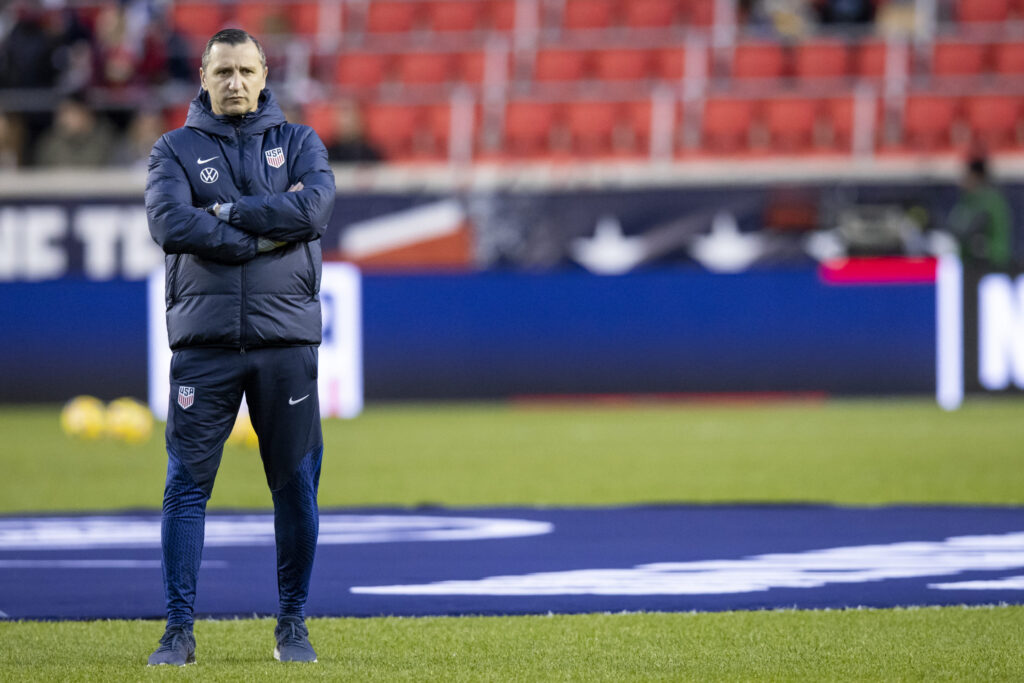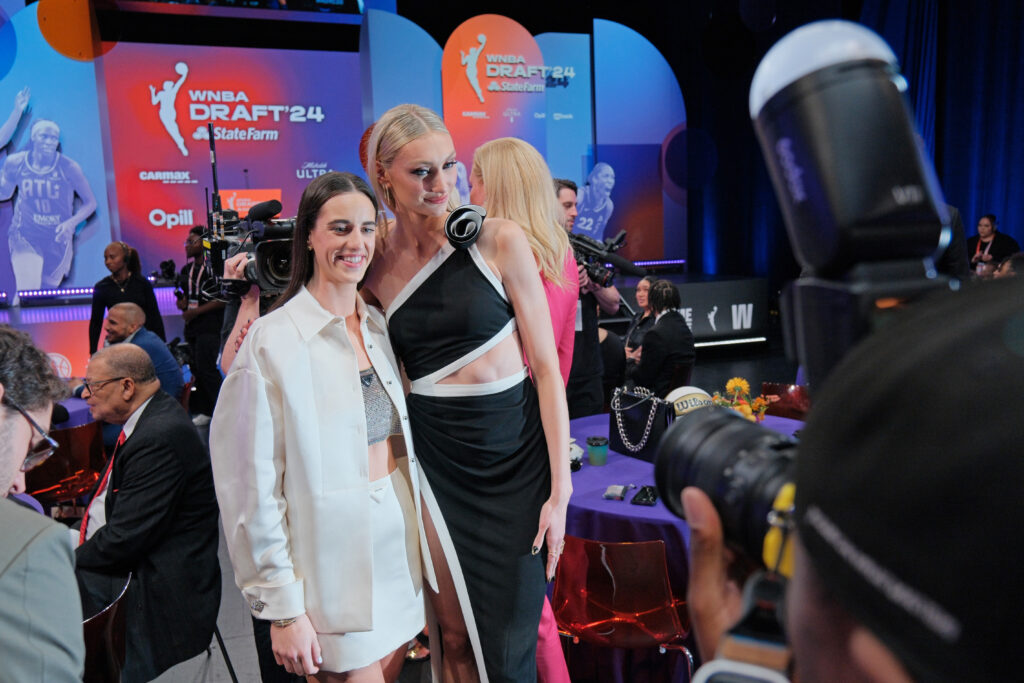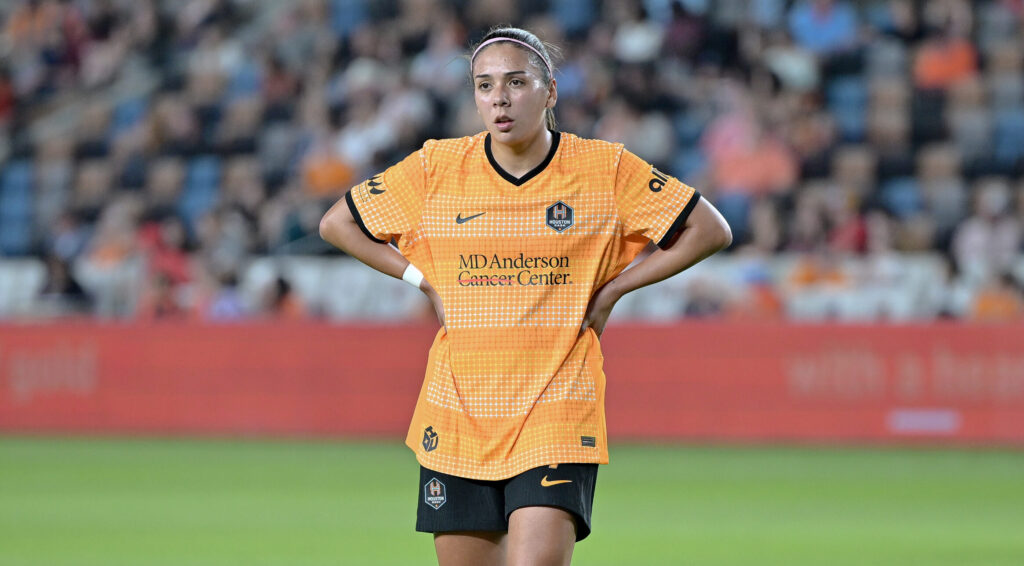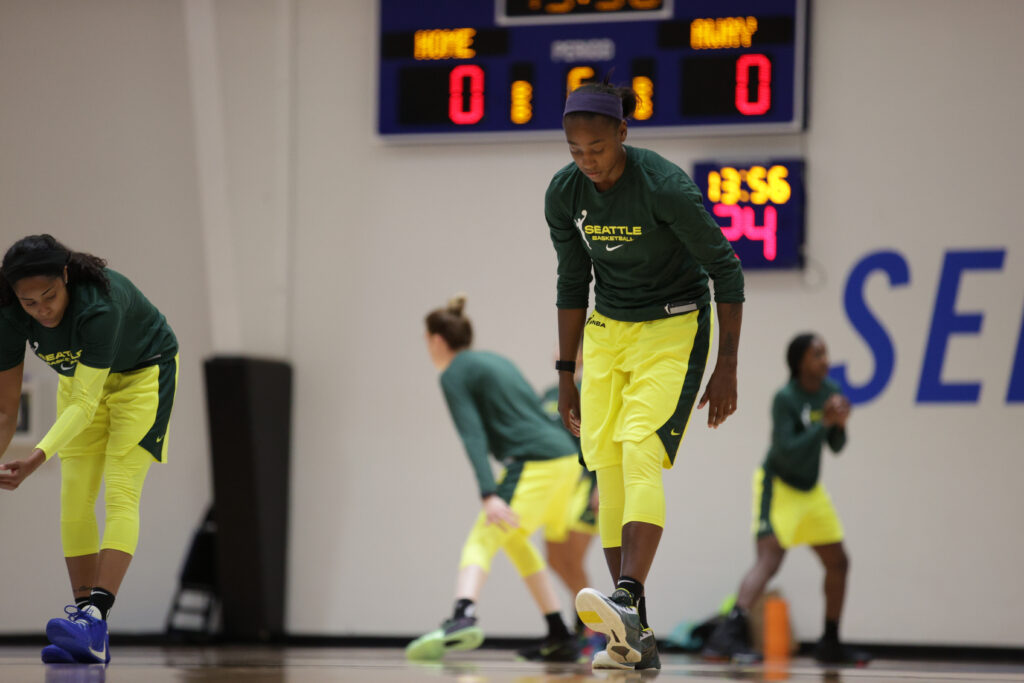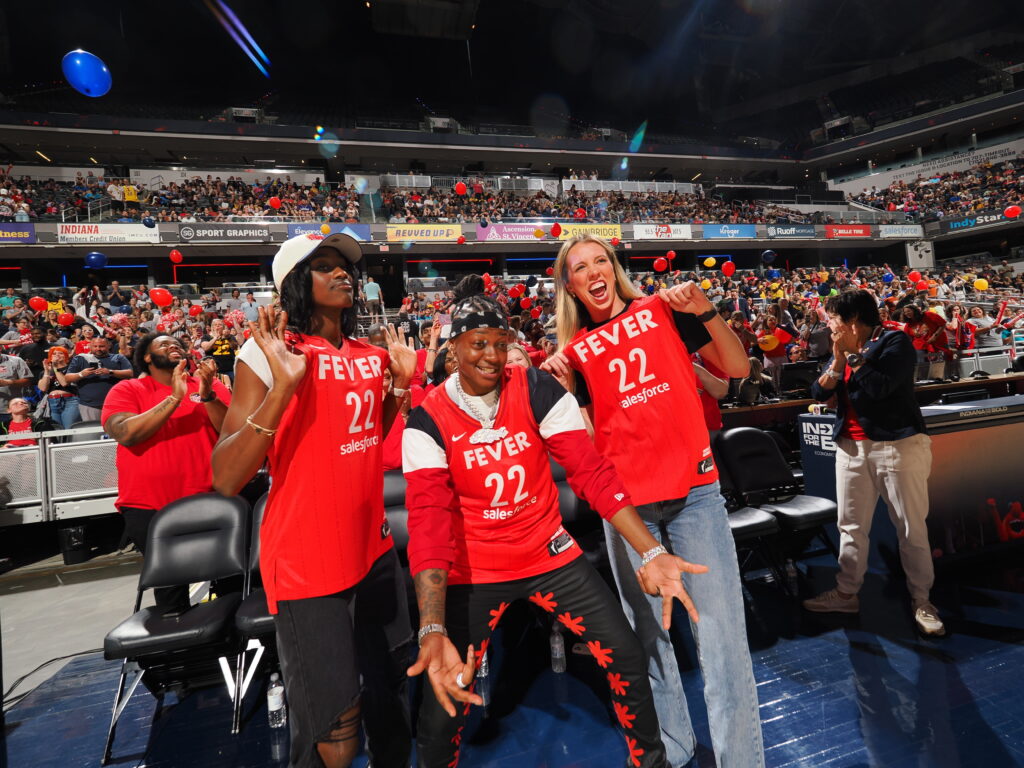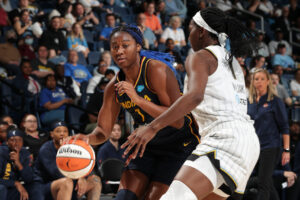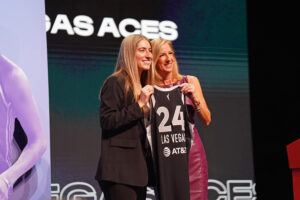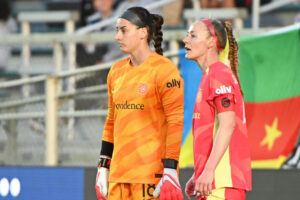The U.S. women’s national team begins their 2023 SheBelieves Cup campaign on Thursday evening, with high-profile matchups against Canada, Brazil and Japan that will replicate the patterns of group stage play against top World Cup-level competition.
Each of the four teams have a shot at walking away with the SBC title, but for the U.S. as hosts and reigning World Cup champions, expectations for wins at home will follow the team through all three matches. Canada will play the U.S. at their own game, Brazil’s attacking quality remains elite with a rising defense, and Japan brings an element of youthful vibrancy to their rebuild.
Fans will expect the U.S. to lift the trophy at the end of next week regardless.
Some of those expectations are increasingly unreasonable considering the level of competition, but in short, it’s also possible the USWNT really just needs a win.
Why the U.S. needs a SheBelieves win
Pre-World Cup USWNT friendly losses are basically woven into the recent history of the team. The U.S. lost their opening game to kick off the World Cup calendar years in both 2015 and 2019, and they didn’t win the 2019 SheBelieves Cup either (that honor went to England, though the USWNT did avoid dropping a game).
This year, the USWNT enters the SheBelieves Cup having lost three games in a row for the first time since 1993, before staging a not-quite-convincing bounce-back against Germany to close out 2022. Those results have to be considered part of the learning process, but at some point, confidence is more important than working out the kinks.
The USWNT’s prowess on the international stage has long been a common belief and a global reputation to bend games even when they are technically outplayed. This current team has been somewhat unfairly held to that standard as they find their own identity in the most competitive global field the sport has ever seen.
With the World Cup now only a few months away, the U.S. needs to start shaping the narrative of a group that is young and untested. Expectations can be crushing, and players who feel that responsibility most keenly don’t always seem to be the newest faces to the team.
Lindsey Horan and Rose Lavelle are World Cup champions, but since they’ve been tasked with leading the team’s midfield without Julie Ertz and Sam Mewis, they have had difficulty finding each other at times, causing too many turnovers. The defense, likewise, has made mental mistakes in crucial moments, and the attack has been frustrated by a lack of touches on the ball.
“[The team’s identity] has evolved, but I don’t think it has changed, and I truly believe in the competitiveness,” Vlatko Andonovski told the media on Wednesday. “I truly believe in the relentlessness and in the fearless mindset that these players have.”
Winning can cure mental blocks, and belief is something that has to be earned. A strong record at the SheBelieves Cup would give the team the most positive momentum it’s had since the Tokyo Olympics. It also would indicate that Andonovski’s preferred style of play is beginning to take hold, a development U.S. fans have long awaited.

Why the process is more important
There’s nothing wrong with being a little underrated going into a major tournament. Plus, the U.S. has things to work out on the field that could still benefit from being exposed. In a perfect world, the USWNT would be able to tweak their strategy and take three points, but their SheBelieves opponents will make that difficult and they’ve shown in recent months that they are not infallible to mistakes.
The U.S. is also dealing with personnel limitations going into their first game against Canada on Thursday night. Sophia Smith, the team’s leading scorer in 2022, is still working her way back from an offseason injury, and midfield engine Rose Lavelle will miss at least the first game with what Andonovski described as a “knock.” Injuries are going to be a reality for every team going into the World Cup. The U.S. has a chance to test their depth in February, altering their ceiling in the upcoming games.
“We have young players that are learning the identity of, or trying to fit in the identity of, the U.S. national team,” Andonovski said. “But to some degree, maybe it is better that some things feel like that and that we still haven’t shown our cards.”
If roster evaluation is still one of the primary purposes of a tournament of this level, there is some value in poor performances as there is in successful execution. The U.S. has a number of players still working their way back from injury, and time to make detailed evaluations has not been on Andonovski’s side.
Fear of a dropped result can’t get in the way of a commitment to figuring out how exactly Taylor Kornieck can best be used as a dual No. 6 or a hybrid No. 8, or whether attacking-minded fullbacks can successfully track back to absorb counterattacks. Andonovski has sculpted his team into a 4-3-3 (with the ability to turn into a 4-2-3-1) that plays in a pressing style, and if that style is still stifling creativity and causing defensive gaps, stopgap wins will not help the team in the long term.
Ultimately, if the U.S. can’t hang with the excellent squads competing in this year’s SheBelieves Cup, it’s better to know that now. U.S. Soccer has committed to Andonovski’s roster refresh project, but going in with false confidence led to the team being exposed in the last Olympics with no real Plan B in sight.
The U.S. comes into this tournament as the favorites on paper, with greater challenges on the horizon. They are best off absorbing expectations and executing, but this week will be a learning experience no matter who raises the trophy.
Claire Watkins is a Staff Writer at Just Women’s Sports. Follow her on Twitter @ScoutRipley.
